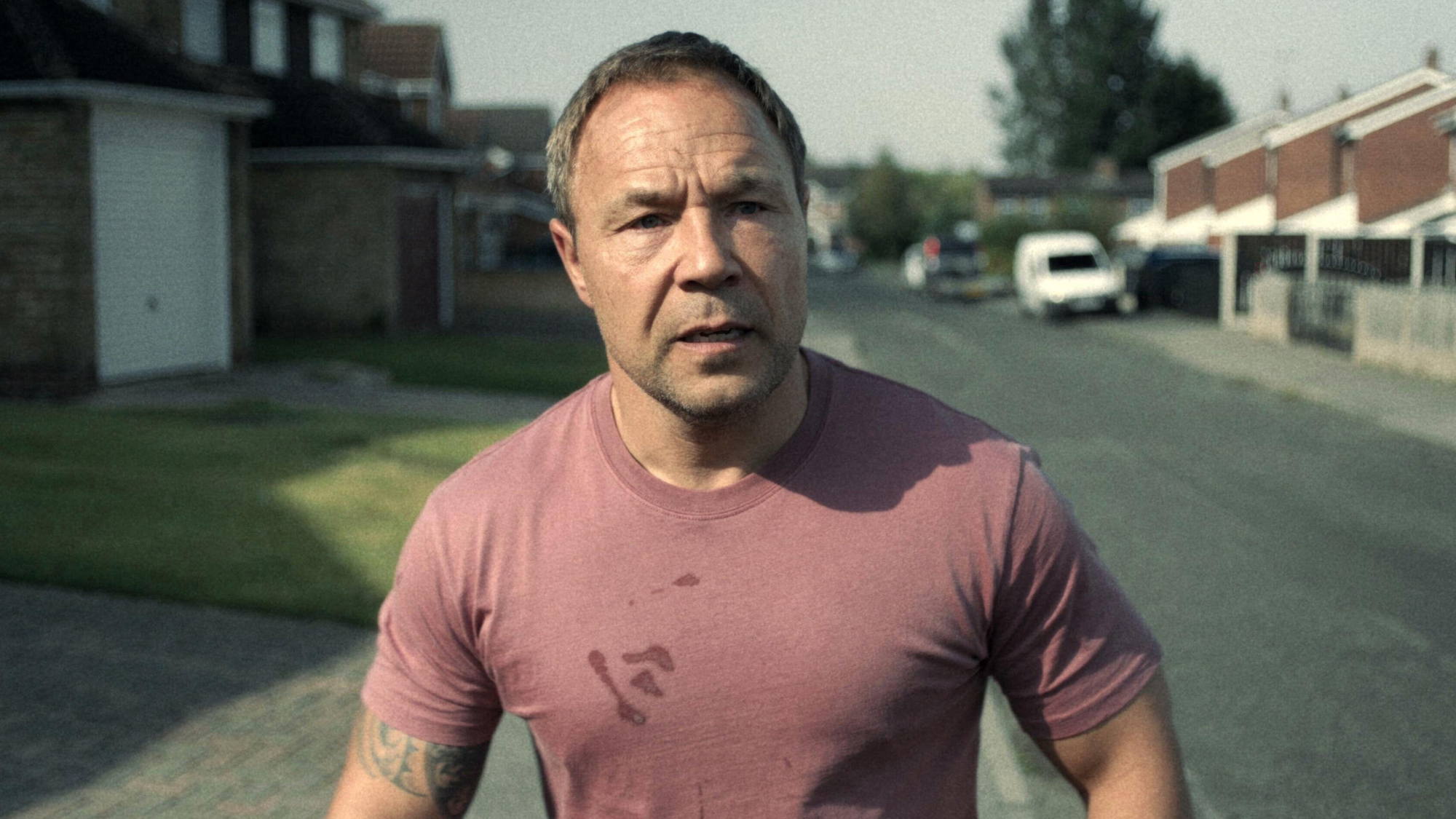How will Trump react in his first real crisis?
If you don't find the question terrifying, then I envy your peace of mind


Every new president makes a series of phone calls to leaders of other countries, especially our allies — to get to know each other, talk about what's going on in the world, that sort of thing. Like other presidents, Donald Trump has been making these calls, but they haven't always gone so well.
Like a few days ago, when he called Mexican President Enrique Peña Nieto and, according to reports, threatened a military incursion across the Rio Grande. "You have a bunch of bad hombres down there," Trump reportedly said. "You aren't doing enough to stop them. I think your military is scared. Our military isn't, so I just might send them down to take care of it."
Or perhaps even worse, when he got on the phone with the leader of one of America's staunchest and oldest allies and "blasted Australian Prime Minister Malcolm Turnbull over a refugee agreement and boasted about the magnitude of his Electoral College win," according to The Washington Post. The second part is understandable — after all, when Trump gets on the phone with someone, he has no idea if that person truly understands the glory of his historic landslide, so of course he has to spend some time explaining it. But teeing off on a close ally because America agreed to accept 1,200 refugees they're holding?
The Week
Escape your echo chamber. Get the facts behind the news, plus analysis from multiple perspectives.

Sign up for The Week's Free Newsletters
From our morning news briefing to a weekly Good News Newsletter, get the best of The Week delivered directly to your inbox.
From our morning news briefing to a weekly Good News Newsletter, get the best of The Week delivered directly to your inbox.
Trump, as he tweeted later, sees the agreement that the Obama administration made with Turnbull's government as a "dumb deal." When he spoke Thursday at the National Prayer Breakfast, he interrupted his discussion of how much better his ratings were on The Celebrity Apprentice than Arnold Schwarzenegger's (seriously) to explain why he's yelling at our allies. "When you hear about the tough phone calls I'm having, don't worry about it," he said. "They're tough. We have to be tough. It's time we're going to be a little tough folks. We're taken advantage of by every nation in the world virtually. It's not going to happen anymore."
There's the crux of it — and why this shows how dangerous Trump is going to be when we enter a genuine crisis.
He sincerely believes that every other country is "taking advantage" of the United States, which we know because he says it quite often. In his worldview, there's no such thing as a real alliance. Everyone is out for themselves, and the only question is whether you're getting screwed or you're the one doing the screwing.
This is certainly how Trump views the "deals" that he makes, and he seems to think everything is a deal. His definition of a good deal is one where he got the better of the person on the other side. And if it takes not paying them for work they performed, or scamming them out of what they were promised, well hey, that just means he's smart. Of course, the law sometimes catches up — he had to pay $25 million to the victims of Trump University to settle a class action lawsuit, and just this week he lost another lawsuit, in which he was forced to pay $5.7 million to members of a country club he bought, after he refused to return their deposits when they left. But on the international stage, you don't have to worry about pesky judges and lawyers.
A free daily email with the biggest news stories of the day – and the best features from TheWeek.com
But sometimes, you come to an agreement with another country because it's the right thing to do or because it's what maintaining a strong alliance requires, not because you can get the better of them. Which is why the Obama administration agreed to take those refugees. And after 9/11, countries like Australia could have said, "That's your problem, not ours." But they didn't. They sent their young men and women to fight and die alongside our troops. Forty-two Australian service members died in Afghanistan. Does Trump think that was a "bad deal" for them? Who knows, but we do know that he feels a bottomless need to dominate others, and emerge from every interaction feeling like he won.
So what happens when that first real crisis comes? There are any number of situations we could imagine where the smart thing to do is defuse tensions, pull back, or give our adversaries the opportunity to save face. Sometimes the thing that will make you look and feel "strong" is the dumbest thing to do. Does Trump have the psychological capacity to act carefully, maybe even to put aside what his ego is telling him in order to do what's in the best interests of the country?
Many people who voted for Trump believed that while he may be an impulsive ignoramus, it wouldn't be so much of a problem because those around him would restrain his most dangerous whims. But would they? Look at who the most influential voices in his administration are. Stephen Bannon, who believes that we're already in an ethno-nationalist clash of civilizations? Trump gave him a seat on the National Security Council, unprecedented for a political hack. Michael Flynn? The national security adviser is an Islamophobic conspiracy theorist. While there are some sane people in the Trump administration, like Secretary of Defense James Mattis, they aren't the ones closest to the president or those who have the most influence over him.
Just imagine it. Trump and his advisers are in the Situation Room. There's a confrontation beginning to escalate, say with China or Iran. Information is coming in fast, some of it unconfirmed. Tensions are high and there are critical decisions that have to be made in a matter of minutes — decisions that could cost lives or even determine the course of history. Representatives of the military, the intelligence agencies, and the White House staff don't agree on what to do — some are counseling calm, others are advising an aggressive move. All eyes turn to Trump. What does he do?
If you don't find that scenario terrifying, then I envy your peace of mind. But it's going to happen eventually; it does with every president. And our fates will be in the hands of a man who can't get through a conversation with the prime minister of Australia without flying off the handle.
Paul Waldman is a senior writer with The American Prospect magazine and a blogger for The Washington Post. His writing has appeared in dozens of newspapers, magazines, and web sites, and he is the author or co-author of four books on media and politics.
-
 7 bars with comforting cocktails and great hospitality
7 bars with comforting cocktails and great hospitalitythe week recommends Winter is a fine time for going out and drinking up
-
 7 recipes that meet you wherever you are during winter
7 recipes that meet you wherever you are during winterthe week recommends Low-key January and decadent holiday eating are all accounted for
-
 Nine best TV shows of the year
Nine best TV shows of the yearThe Week Recommends From Adolescence to Amandaland
-
 Bari Weiss’ ‘60 Minutes’ scandal is about more than one report
Bari Weiss’ ‘60 Minutes’ scandal is about more than one reportIN THE SPOTLIGHT By blocking an approved segment on a controversial prison holding US deportees in El Salvador, the editor-in-chief of CBS News has become the main story
-
 Has Zohran Mamdani shown the Democrats how to win again?
Has Zohran Mamdani shown the Democrats how to win again?Today’s Big Question New York City mayoral election touted as victory for left-wing populists but moderate centrist wins elsewhere present more complex path for Democratic Party
-
 Millions turn out for anti-Trump ‘No Kings’ rallies
Millions turn out for anti-Trump ‘No Kings’ ralliesSpeed Read An estimated 7 million people participated, 2 million more than at the first ‘No Kings’ protest in June
-
 Ghislaine Maxwell: angling for a Trump pardon
Ghislaine Maxwell: angling for a Trump pardonTalking Point Convicted sex trafficker's testimony could shed new light on president's links to Jeffrey Epstein
-
 The last words and final moments of 40 presidents
The last words and final moments of 40 presidentsThe Explainer Some are eloquent quotes worthy of the holders of the highest office in the nation, and others... aren't
-
 The JFK files: the truth at last?
The JFK files: the truth at last?In The Spotlight More than 64,000 previously classified documents relating the 1963 assassination of John F. Kennedy have been released by the Trump administration
-
 'Seriously, not literally': how should the world take Donald Trump?
'Seriously, not literally': how should the world take Donald Trump?Today's big question White House rhetoric and reality look likely to become increasingly blurred
-
 Will Trump's 'madman' strategy pay off?
Will Trump's 'madman' strategy pay off?Today's Big Question Incoming US president likes to seem unpredictable but, this time round, world leaders could be wise to his playbook
